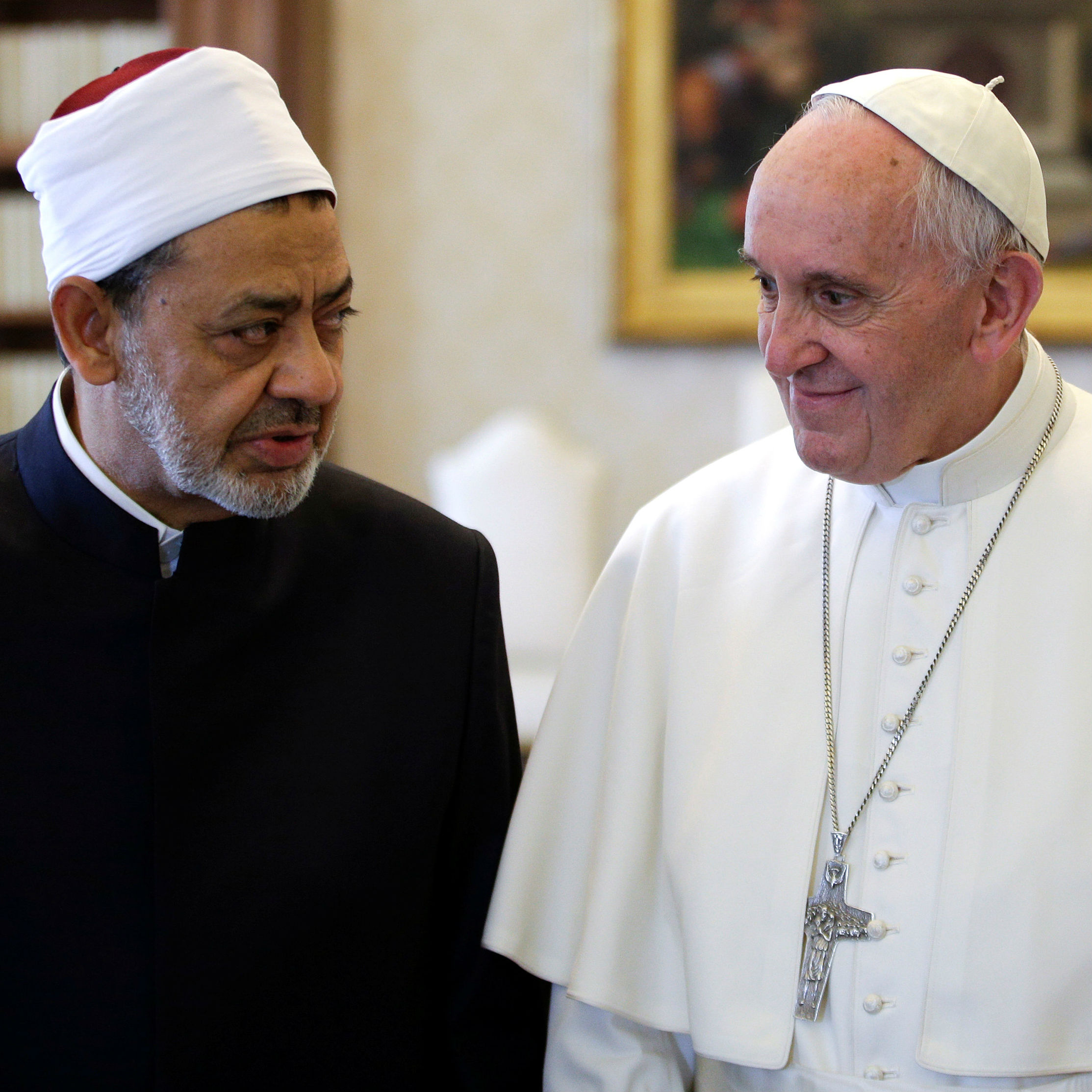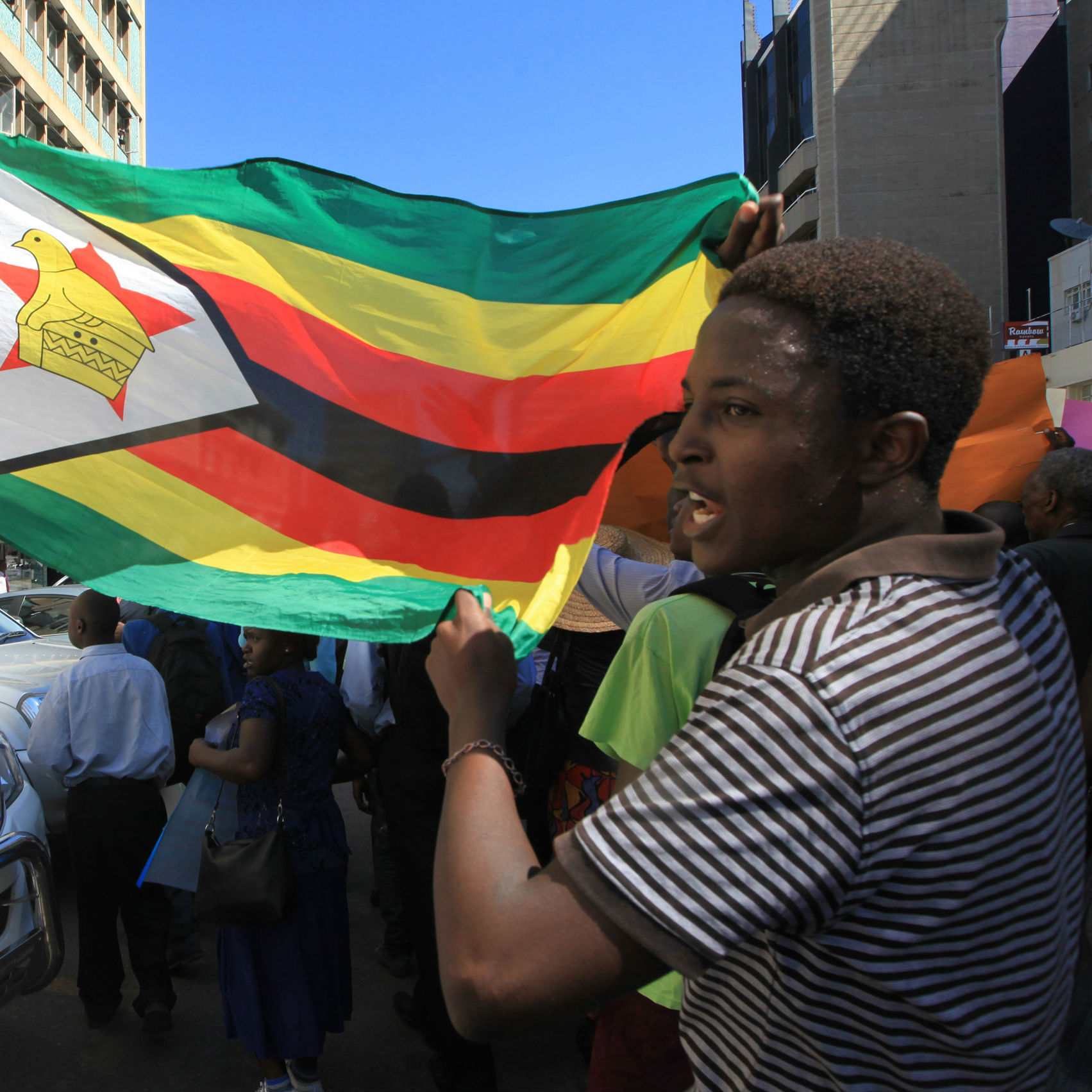A Zimbabwean pastor leading a protest movement against the government has been arrested and charged with inciting public violence and disturbing peace.
Evan Mawarire, a Baptist pastor, launched his movement with a spontaneous online video of himself with a Zimbabwean flag accompanied by the hashtag ThisFlag in May.
The video, which urges Zimbabweans to rally around the national flag and speak out against the country’s worsening economic crisis, went viral, spawning an online campaign that has coalesced into the biggest uprising against Mugabe’s rule in nearly a decade.
Last week, protesters mobilised a national ‘stay away’ strike via social media. Businesses, shops, schools and some government departments in the capital, Harare, were forced to close. The strike triggered days of protests. Protesters burnt tires and clashed with police. Over 100 were arrested and many injured.
Mawarire told Reuters on 7 July that the #ThisFlag movement had found its voice and was planning further action this week if its demands were not met.
These demands included the payment of delayed salaries, the sacking of corrupt ministers and the lifting of roadblocks that residents claim the police use in order to extract bribes.
Pastor Mawarire was summoned for questioning by police on Monday 11 July ahead of two days of strikes planned to take place on Wednesday and Thursday of this week.
Several hours after he reported to the Criminal Investigation Department (CID) on Tuesday morning, the #ThisFlag Twitter account posted: "Pastor Evan Mawarire is being charged with section 36 for inciting public violence and disturbing peace."
It included a video in which the preacher says: "You are watching this video because I have either been arrested or have been abducted. It's a video we had pre-recorded for a day like this one."
He ends his message saying that he hopes the shutdowns have been successful. "Hold this government to account. Never let them get away with anything," he says. "Remember this flag is our flag, no one else loves Zimbabwe more than a Zimbabwean."
Zimbabwe’s Minister for Information Communication Technology, Supa Mandiwanzira, warned last week that all phone Sim cards in the country can be traced, and that people making offensive and subversive comments on social media are easily identifiable.
In March last year, Itai Dzamara, a 36-year-old journalist and outspoken critic of the Mugabe government, was abducted by armed men. He has not been seen since, reported South Africa’s Daily Maverick news site. Last week the leader of a new youth political party‚ Viva Zimbabwe‚ was detained.
Zimbabwean officials have described the protesters as “terrorists” and blame foreign powers for sabotaging the economy and stirring unrest. Ignatious Chombo, the ruling Zanu-PF party’s administration secretary, has said that western embassies in Harare and opposition parties are trying to cause anarchy.
The internet-organised protests have bypassed traditional opposition parties, such as the Movement for Democratic Change, led by Morgan Tsvangirai. Zimbabwe last witnessed unrest on this scale in April 2007 when Tsvangirai led anti-Mugabe demonstrations.
Opposition parties have capitalised on the wave of discontent nonetheless. Two Movement for Democratic Change MPs were recently ejected from parliament for wearing the Zimbabwean flag around their necks, reports Zimababwe’s Daily Monitor.
Besides #ThisFlag, other social media movements have also appeared, such as Tajamuka – meaning “We refuse”, in Zimbabwe’s Shona language – which has launched spontaneous demonstrations in the last month.
The leader of the Remnant Church in Zimbabwe, Pastor Patrick Mugadza, has also launched a “Mugabe Must Fall” campaign, demanding that Mugabe leave office over the government’s failed economic policies.
Mugabe has led the former British colony since independence in 1980. A series of controversial measures over the last 20 years – such as stripping white farmers of land more than a decade ago – have caused massive economic disruption.
In 2009, after rampant money-printing pushed hyper inflation to more than 500 billion per cent, Zimbabwe was forced to adopt foreign currency, largely the US dollar.
Now the Mugabe government is struggling to finance its £3.1bn annual budget. Soldiers, doctors, teachers and police are being paid in arrears and the country’s banks have been forced to issue bond notes after running out of cash. These are expected to go into circulation in October.
Foreign investment and donor support has dried up and the government halved its 2016 growth forecast to 1.4 per cent in April. A drought, worsened by the El-Nino weather pattern, threatens up to five million people with famine.




 Loading ...
Loading ...